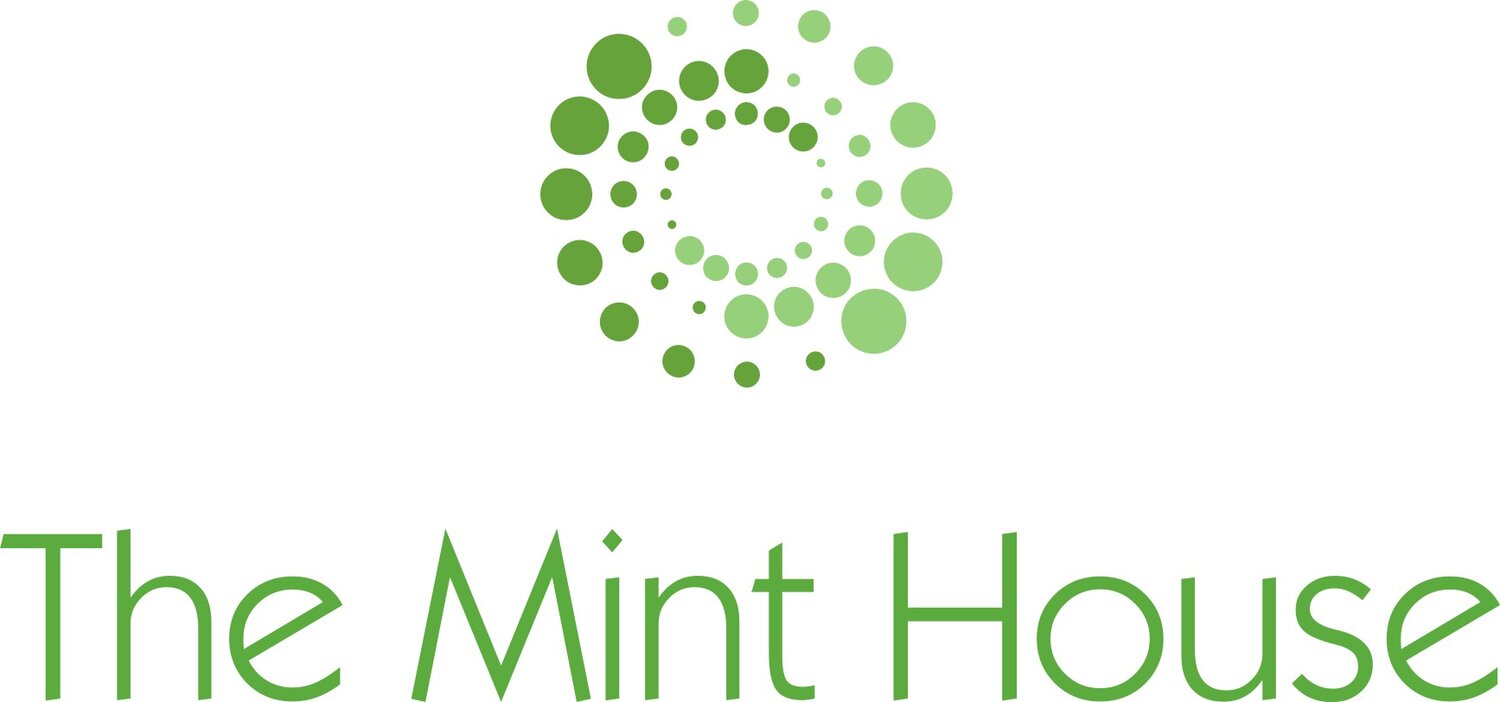by Rosie Chadwick
Last week colleagues from around England and Wales - Blackley to Barry, Hull to Hotwalls (Portsmouth) and points between - came together for two days for a fascinating conversation about how restorative practice can become embedded in communities.
A previous set of dialogues, last November, explored how restorative practice can be embedded in organisations, rather than being seen as an add-on or flavour of the month.
In each case it was good to have involvement from those outside our field, specialists in organisational and leadership development, systems and culture change or (most recently) local community members unfamiliar with restorative practice, helping keep our feet on the ground. Thanks are due to the Westhill Endowment, whose support made the dialogues possible.
Now comes the job of distilling the learning from the dialogues and sharing this more widely. There is a lot to digest, but also some clear emerging themes. These include:
the importance of not limiting restorative practice to a single process.
the need to strengthen connections with others working in related fields.
the contribution restorative practice can make to supporting service integration and giving communities more say in things that matter to them.
I’m struck by how closely these themes resonate with what David Moore and Alikki Vernon have to say in their book, Setting Relations Right in Restorative Practice, insights from which they will be sharing with us at a network event on 24 April. To quote David and Alikki:
‘restorative processes are more broadly applicable than is realised’
‘the restorative movement has not always adequately engaged with neighbouring ‘ecosystems’
‘restorative processes can be used to coordinate collaboration between agencies that provide complementary services’
‘the restorative movement has the potential to democratise decision-making in a very wide range of contexts where authorities currently manage social conflict by imposing decisions.’
It will be great to explore these issues with them. You can book your place at the event here:







